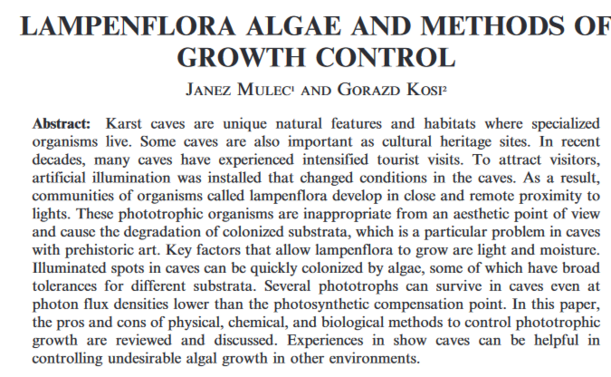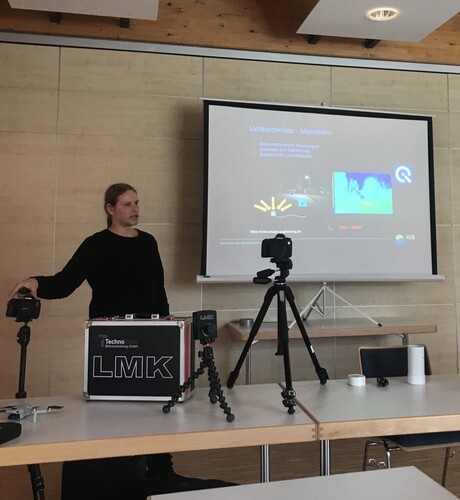#LightPollution May Harm Our #Ocean’s Water-Filtering ‘#Ecosystem Engineers’
ByAllison Eck
Friday, May 1, 2015
"#SeaSquirts are the ocean’s ecosystem engineers, siphoning #plankton from the water and keeping #CoastalEcosystems healthy. They’ve done their job for millennia relatively unscathed, in part because they have no predators. But now, they have one: #ManmadeLight [#ArtificialLight].
"A new study published in Biology Letters suggests that the artificial light from #cities might prevent the #larvae of some marine species—like sea squirts, #barnacles, and #corals—from finding appropriate habitats to settle in. Without landing on the right substrate, sea squirt larvae have little chance of surviving.
"Thomas Davies, an ecologist at the University of Exeter in the #UK, wanted to see which species are the most affected. He studied the #MenaiStrait, which separates the mainland of northwest #Wales from the island of #Anglesey. This area is largely unaffected by light pollution, which led Davies and his team of experts to suspect that an experiment conducted there would provide a good measure of the effect light pollution has on populations.
"By their measurements, the '#SkyGlow,' or ambient manmade light reflected onto the water by the atmosphere, is at a minimum—it barely amounts to the light emanated from the moon at night.
"To investigate the effect of artificial light on the area, they placed 36 plastic panels into the water and waited to see which organisms would settle on the panels. Some panels were exposed to light from cool, white #LEDs that emitted about the same amount of light produced by #streetlights, while the control panels mimicked just the small amount of ambient light scattered in the sky.
"The team retrieved the panels after 12 weeks to see how much of the panels’ surface area had been colonized. Sea squirts and sea bristles, both filter feeders, had lower colonization rates on the artificial light panels than the controls. On the flip side, #foulers like barnacles ended up clinging to the artificial light panels, which could explain why they so often attached to boat hulls and jetties. Barnacles in particular cost the global economy millions of dollars in reduced fuel economy and cleanup costs.
"Here’s Katie Wheeling, writing for Science: 'Overall, the study found that the lights either encouraged or discouraged settlement in 39% of the taxa, or groups of species, living on the panels by the end of the experiment period. Artificial light may be negatively impacting marine ecosystems by driving away certain invertebrate species, like filter feeders, and attracting others, the team reports.
"'More work needs to be done to understand how brightness, cycle of exposure, and wavelength of light affects individual species. In the future, experts may be able to configure exact spectra that work well with ocean species but also fill our own needs. For now, the team’s complex results indicate that we may need to pay more attention to how manmade light is damaging marine environments.'"
Source:
https://www.pbs.org/wgbh/nova/article/light-pollution-may-harm-our-oceans-water-filtering-ecosystem-engineers/



